![Our diplomatic system is outdated and needs an overhaul: Dr. Nischal N. Pandey [Interview]](https://en.himalpress.com/wp-content/uploads/2023/04/Nischal-pandey-final.jpg)
Dr. Nishchal N. Pandey is the director of Centre for South Asian Studies, Convener of Consortium of South Asian Studies (COSATT) and a senior fellow of the Singapore-based Institute of South Asian Studies. Pandey, who is active in Nepal’s track two diplomacy, remains busier abroad than at home. Also an adjunct professor at the National Institute of Advanced Studies, Bangalore, Pandey recently undertook a course on Indo-Pacific Security at the DKI Asia Pacific Center for Security Studies, Hawaii. He has served as the Executive Director of the Institute of Foreign Affairs and also a member of the high-level task force formed by the government on foreign policy. Chandra Shekhar Adhikari of Himal Press talked with the young foreign affairs expert on bilateral relations, Nepal’s situation, and geopolitical issues. Excerpts:
How do you see the present political situation in Nepal?
The current political situation in Nepal appears fluid and greatly influenced by external developments. Currently, we are facing challenges due to rapid changes in the post-cold war world order. The economic recession after the COVID pandemic, Russian attack on Ukraine, and the growing antagonism between China-US and China-India have made the conduct of foreign relations crucial for smaller countries like Nepal. In the past, Nepal maintained neutrality by practicing the policy of non-alignment. But now, major powers are attempting to pull the small countries completely into their fold. They are not satisfied by Nepal only maintaining equidistance. Like India and China, the US too seems to have become like our direct neighbors, and managing all three of them is not an easy task. The internal political situation in Nepal is fragile, and external forces keep influencing it. We need political stability, but that is not happening. Despite public pronouncements of parties resolving their differences, it is clear that this is not the case, and it has put us in an uncomfortable position. Our institutions are weak to address these multiple challenges on all fronts.
It is said that Nepal has got stuck in the quagmire of geopolitics due to internal political strife. How do you see the situation?
We lack political culture not only on how to run a minority or a coalition government but also a majority government. The same malaise of the center seems to have now gone to the provinces. Many crucial bills are pending in parliament yet the House goes on prolonged recess. Our entire diplomatic system is outdated and needs an overhaul with proper coordination with line ministries such defense, finance, labor and home. In order to face the current challenges, our institutions need to be swift, attentive, and robust. Currently the left hand does not know what the right hand is doing. Unfortunately, the prevailing tendency of favoring one’s own people over meritocracy has severely impacted our universities, security agencies, judiciary, constitutional bodies and embassies. We must act quickly as there is not much time. It is crucial to appoint competent and qualified individuals in all spheres of governance. Youth are angry and hungry. People are getting tired of the daily wrangling of politicians. People are getting organized through social media and violating the law even for the flimsiest of reasons like it happened a few weeks ago in Gongabu bus park. These are ominous signs of the coming days and therefore not only the government but all the political parties need to be serious.
We have a very badly hung parliament that is incapable of providing political stability. The last judgment of the Supreme Court on the dissolution of parliament has defined Nepal as a ‘special type’ of democracy with no similarity with similar models of parliamentary systems like India, the UK, Bangladesh and Japan. The ongoing process of forming and dismantling governments will continue and makes it challenging for any PM to announce mid-term elections.
It is crucial to appoint competent and qualified individuals in all spheres of governance.
While this rigmarole continues, the younger generation in Nepal is becoming increasingly impatient and frustrated. Social networking sites are becoming a window to vent out anger against the current situation. Due to the wide reach of social media, Nepalis living in Australia, the US, Europe, and Canada are openly expressing their discontent with poverty and lack of governance in Nepal. They make TikTok videos and inspire their brothers and sisters in Nepal to speak out against corruption and mal-governance. This trend is on the rise but difficult to control. Therefore, leaders must understand this. Politicians need to be cognizant of this alarming trend before it is too late.
Even those who were born after the 2006 movement are becoming adults. They want results and job opportunities, not just speeches. However, many are migrating in large numbers. Our leadership in ignoring this societal change means inviting disaster. This is the reality of contemporary Nepal.
Many say we are in the radar of India, the US and China. What does that mean?
Most importantly, the head of government, major political parties, the foreign minister and the defense minister of the day have to be sensitive to the evolving regional situation in South Asia. A lot of time has already been wasted in the game of forming and dismantling governments. Let me give you an example, it has not been even a year since the current US ambassador came to Nepal. But he has seen so many governments. Such instability undermines the country’s credibility. That is why, except for India, China, Sri Lanka and Bangladesh, no head of state of any other country has visited us in the last decade. When a junior assistant foreign minister, a secretary or a deputy minister gets to meet almost all of our high-ranking leaders and officials in a short visit, why should the head of state bother to visit Nepal?
In the past, when a head of state or government of a European or powerful country visited New Delhi, Islamabad or Dhaka, it was customary for Nepalese diplomats stationed abroad to take initiative to bring them to Nepal even for a day. As a result, Chancellor Helmut Kohl, Japanese Prime Minister Yoshiro Mori, US Secretary of State Colin Powell, and French President Mitterrand visited Nepal. This has now become a fable. Even though Japanese Crown Prince Akishino and Princess Kiko visited neighboring Bhutan four years ago, they did not come to Nepal. If we don’t learn and correct our mistakes on time by considering these things, we will become increasingly isolated and ignored in the international fora. The younger generation will become more disillusioned, and there is a danger that the country will become self-centered and just a tiny pawn in the chess board of superpower rivalry. We must be aware of this danger. We are like a three-legged chair which can be unstable if one of the legs is weak. Some may say that we are under the radar, but I will give the example of a three-legged chair. It is a wonder of physics but in geo-politics, this can be rather perilous.
Has Nepal really become a playground for foreigners?
It’s not that a country becomes a playground just because some other country wants it to be. We are creating this situation ourselves. Our leaders should take foreign and security policy seriously and must not venture into doing adventure sports in the domain of international relations. We should be active but must adhere to the principles enshrined centuries ago that our soil shall not be used against the interests of our two immediate neighbors. We must focus on revamping our economy, resurrecting the ailing tourism industry, promoting export and on quick implementation of projects. Or else, no one believes in us, neither the north and the south, nor the other powerful countries.
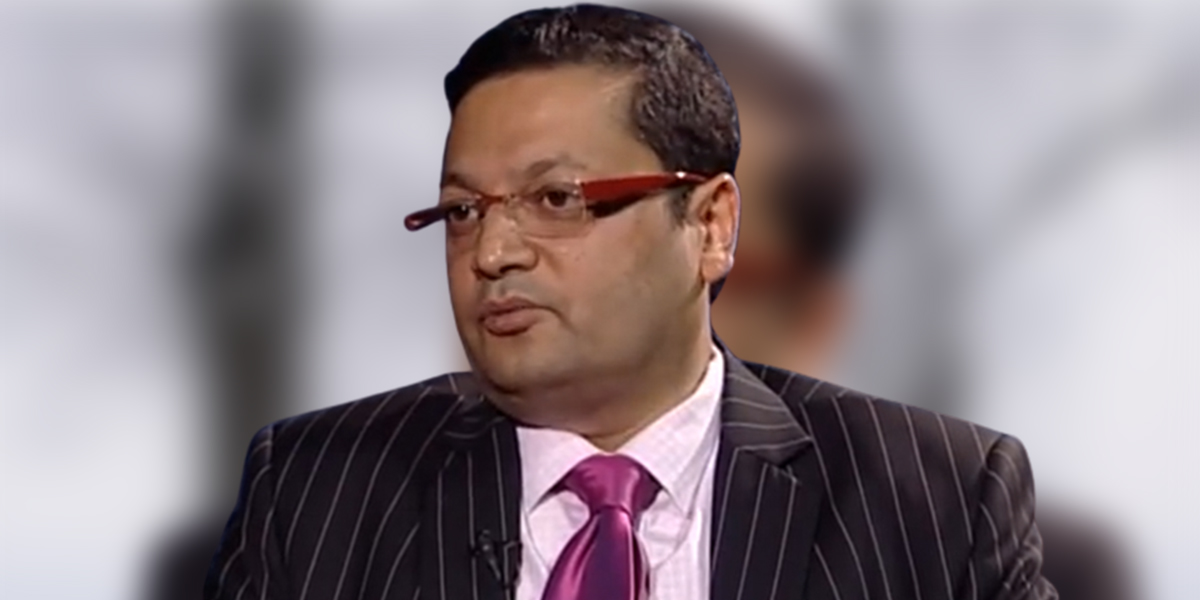
How do you explain our relationship with India and China?
Issues related to our relations with India and China are piling up. Today’s diplomatic work is not just about easily providing passports in the capital and listening to the complaints of Nepali diaspora abroad. Gautam Buddha International Airport, which was built with billions of loans, has become a white elephant. Airlines are not using this facility. If the airport stays like this for the next two years, it will turn into a racing circuit. This is a very serious matter. Similarly, it has been eight years since the European Union banned the Nepali airlines from its airspace citing safety concerns. No progress has been made in this front. It is necessary to be serious about such matters and create an inter-ministry steering committee. We should put in extra efforts to make both the Bhairahawa and Pokhara airports fully operational at the same time promote connectivity with both China and North India. Why has our youth left us? It is mainly because our educational institutions are not offering them degrees in subjects of their choice. Why are our universities reluctant to give affiliations to colleges?
How do you see the future of this country when even a visiting Indian employee causes political upheavals?
There are two important visits taking place in the near future that we must not squander away. Prime Minister Pushpa Kamal Dahal is scheduled to visit New Delhi later this month. India visit of every Nepali PM becomes controversial. This time, one must not forget that there is also a strong opposition party in Nepal. If Dahal wants to make a statement, he should travel to New Delhi via Jogbani, Sunauli or Raxaul, and then take a train from there. This will create history and prove to be a milestone in disseminating the message that road and rail networks are getting better, can link the two nations together and our border regions can be developed.
Similarly, the coronation of Britain’s new monarch, King Charles, is scheduled for May 6. Our head of state can also be invited to the ceremony, which will help introduce us to other heads of state. We should take full advantage of this opportunity.
As the current chair of SAARC, Nepal has a disproportionate responsibility to ensure that the summit is held without further delay.
Many say SAARC is in this state because of India’s less interest. Will SAARC move forward now? What is your choice – SAARC or BIMSTEC?
Both SAARC and BIMSTEC are important organizations as they have different functional areas. As the founding nation of SAARC, the current chair, and with the SAARC Secretariat based in Kathmandu, Nepal has a disproportionate responsibility to ensure that the summit is held without further delay. By not doing so just because others don’t want it, we are not fulfilling our duty as the SAARC chair. It is important for our foreign minister to visit every SAARC capital and take serious initiatives to resurrect this organization. Some are even calling SAARC as a ‘dead organization.’ Some member states are not interested in SAARC. India has stopped sending directors to SAARC, and if this trend continues, SAARC may be formally disbanded. It will not only harm us, but also the whole concept of regional cooperation in South Asia.
Can you clarify Nepal-Europe and Nepal-US relations as well?
The March 12, 2022 issue of the ‘The Economist’ describes Nepal as a yam between three boulders, which is a very interesting new definition. President Reagan had remarked back in 1985 that ‘Nepal is a neighbor of the US at the other side of the globe.’ True to his words, the US has now become Nepal’s new neighbor. This has increased the strategic importance of Nepal. In the same perspective, the risk associated with this has also increased manifold and this is why we need to build expertise in all areas of statecraft.
The kind of influence that the US has made in Nepal’s strategic, political, and security-related institutions will make both China and India suspicious over time. During the insurgency period (1996-2006) the fact that India was more worried than China about Nepal’s arms purchases from the US is a case in point.
As the superpower nations prepare to establish their superiority, we must strengthen all our institutions for the betterment of the nation and safeguard our interests. Otherwise, if the youths continue to migrate abroad and their parents queue up at the embassy for visas to visit them, our future will not be bright.

 Himal Press
Himal Press 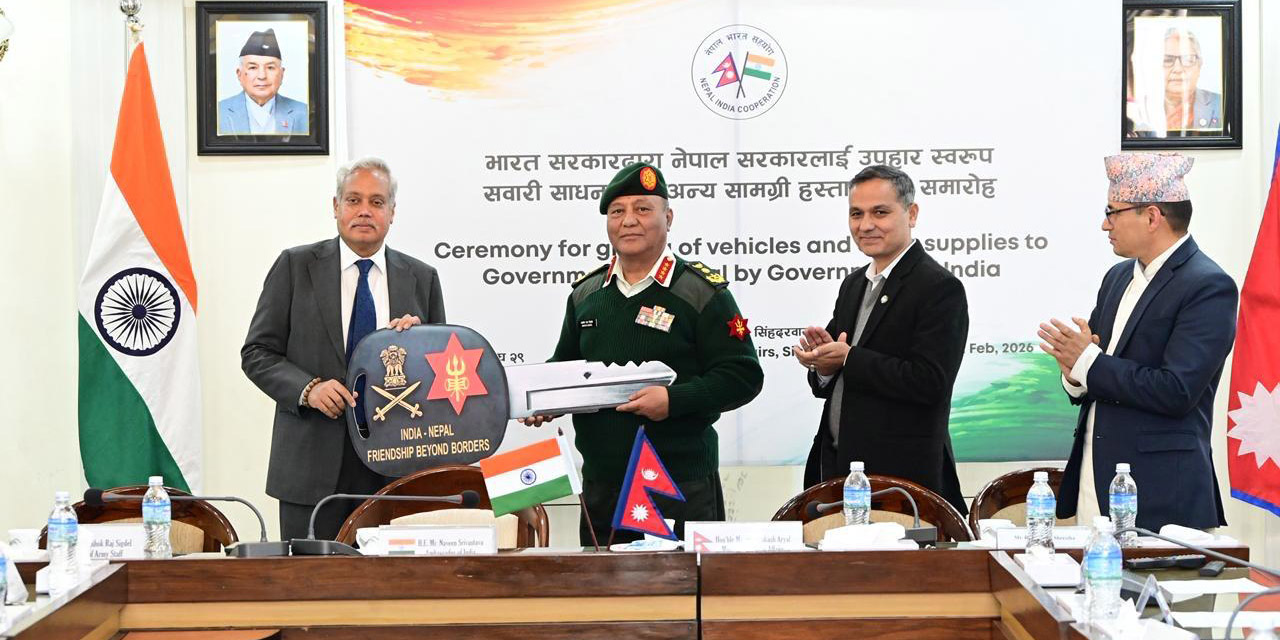
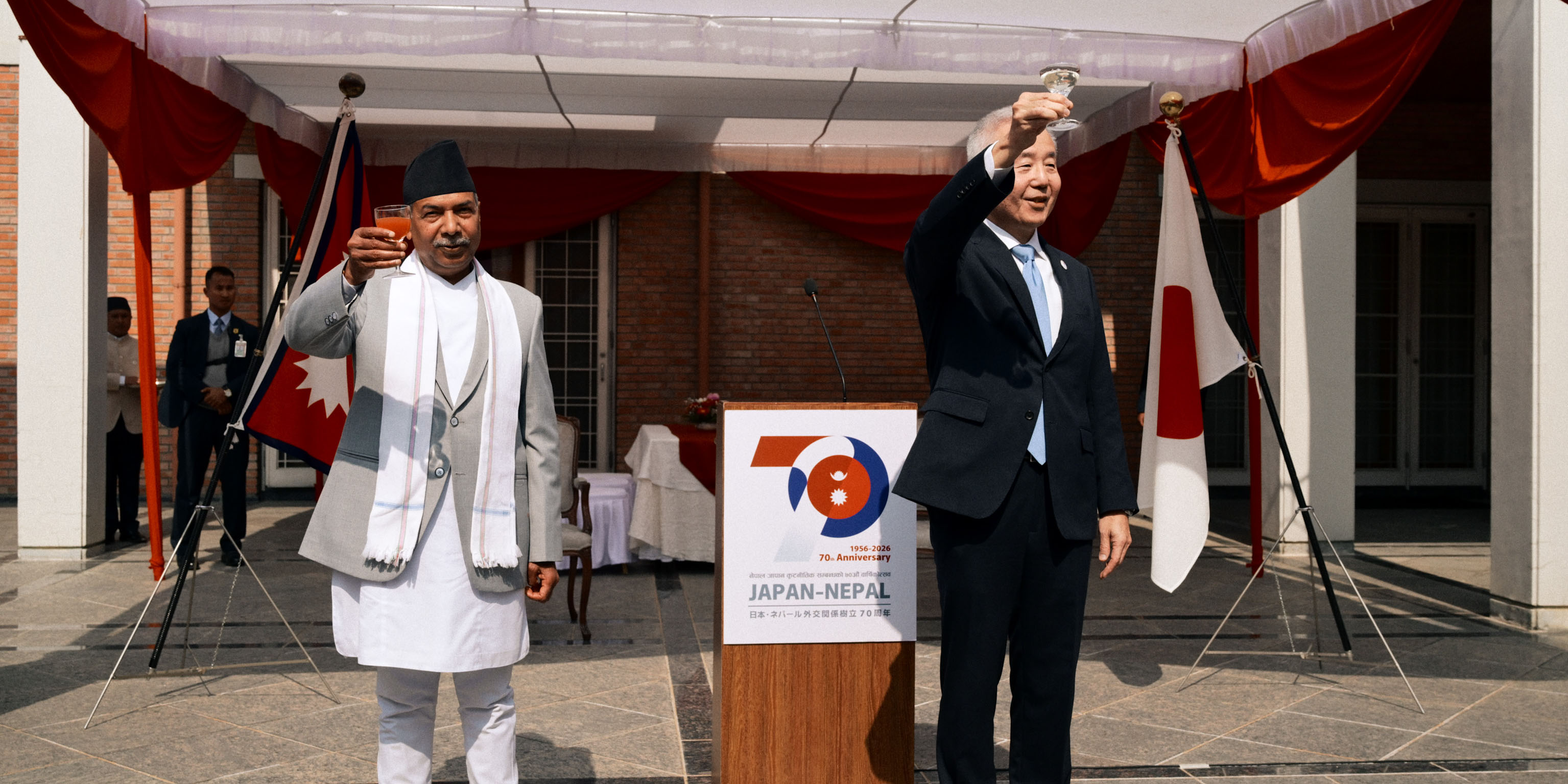
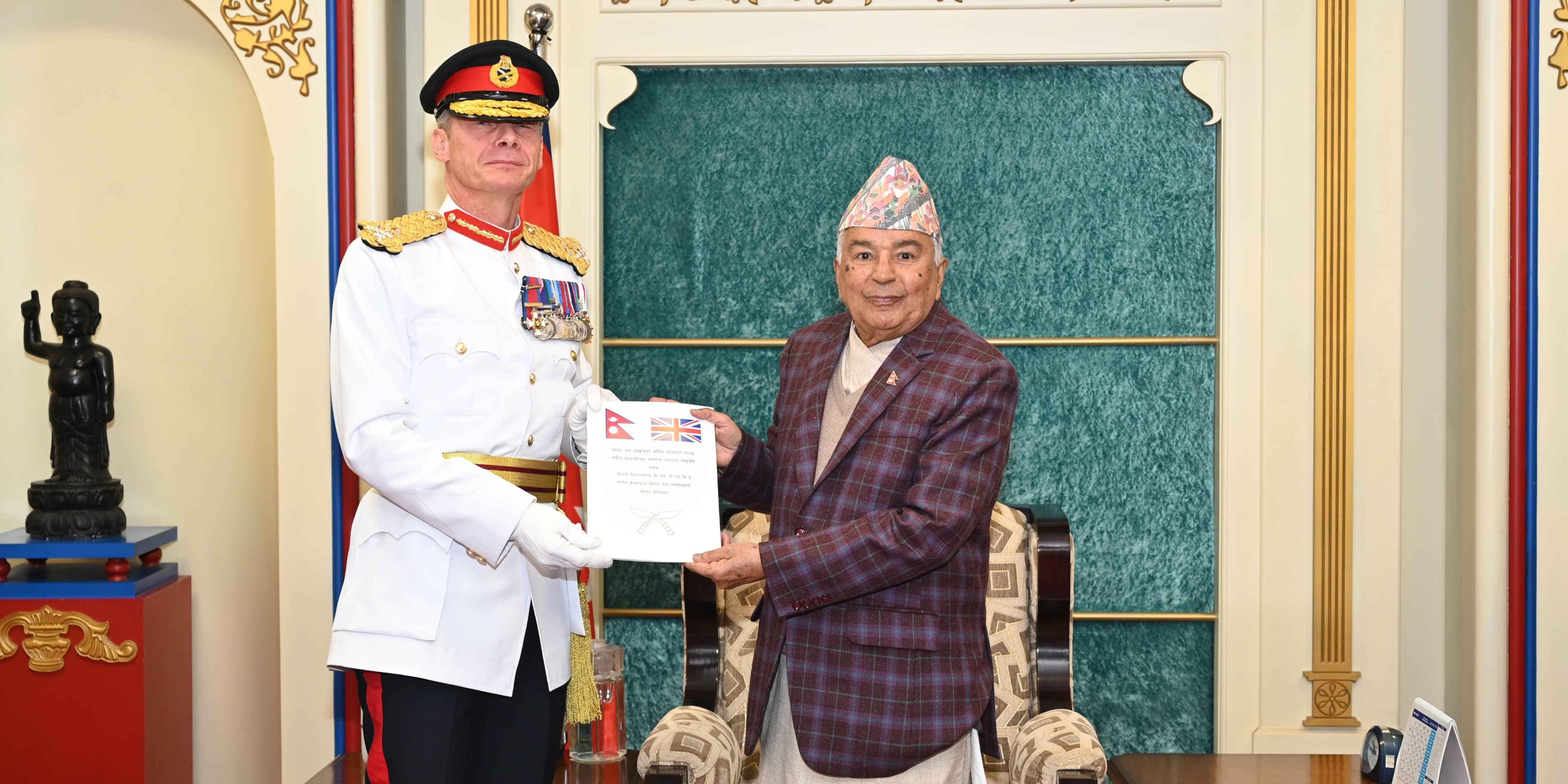
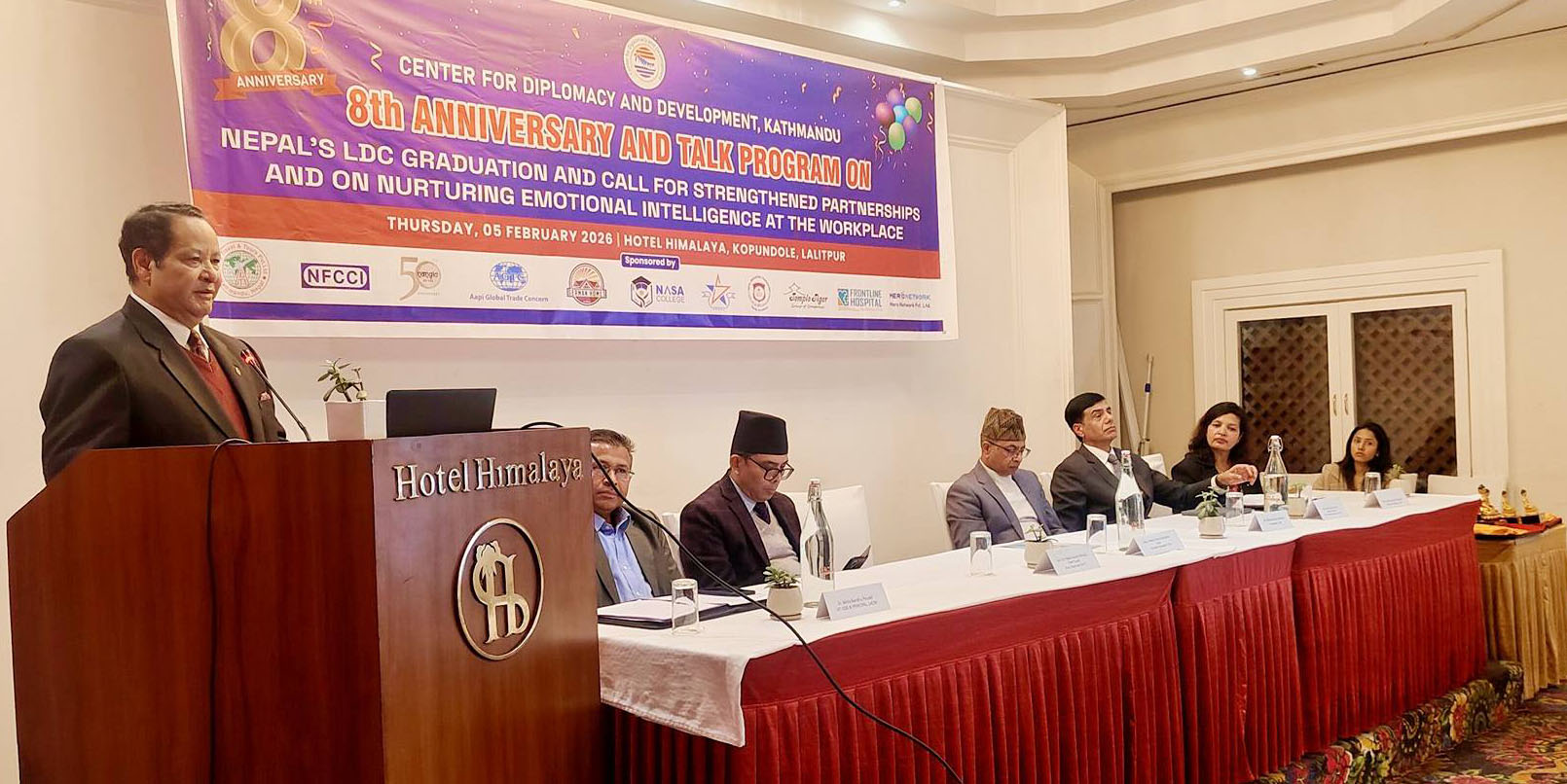
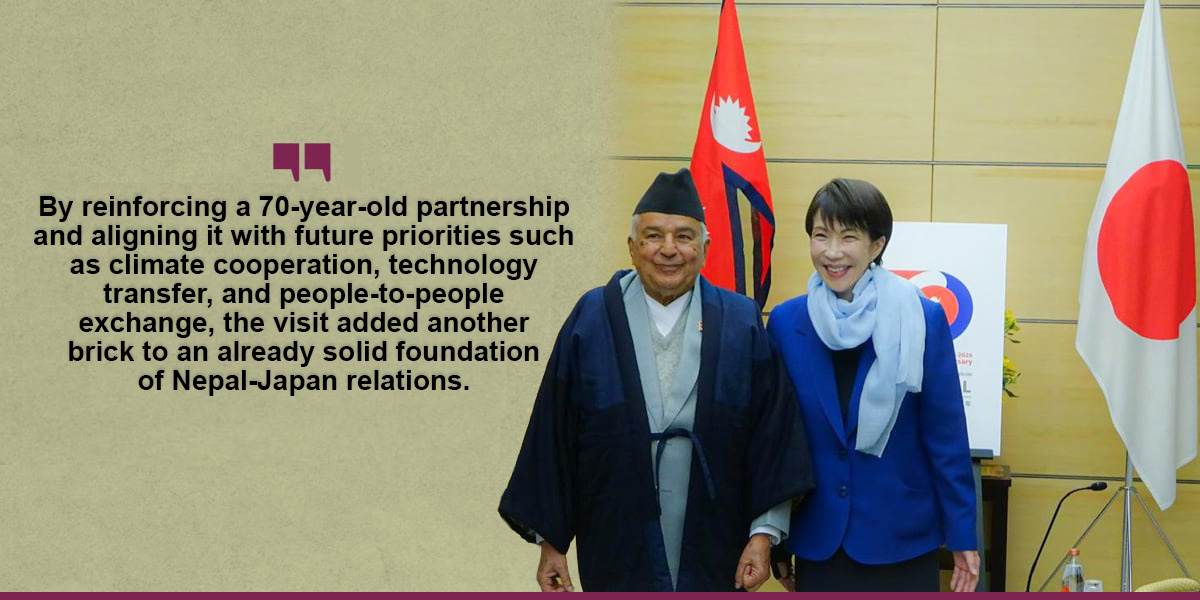
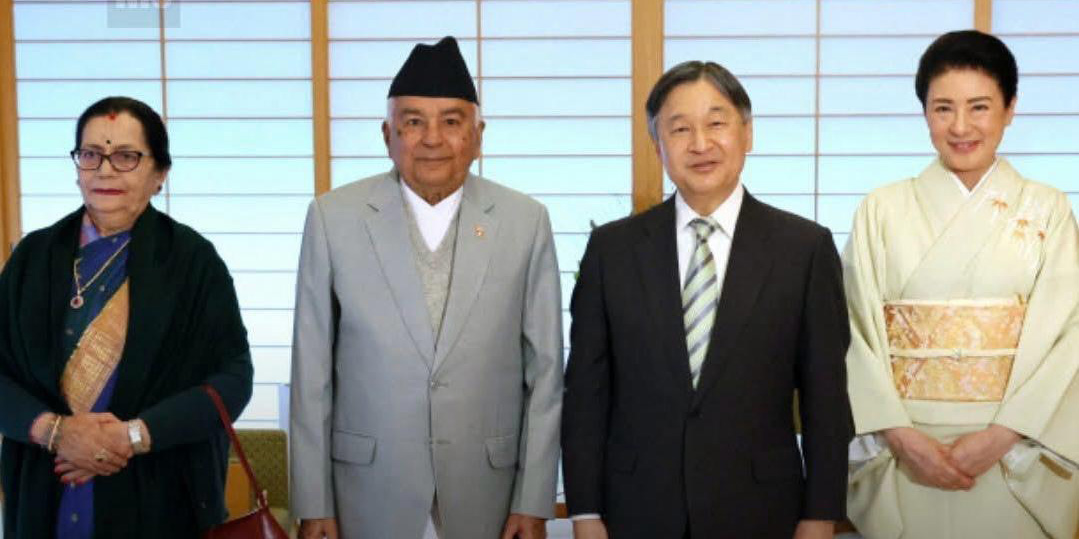

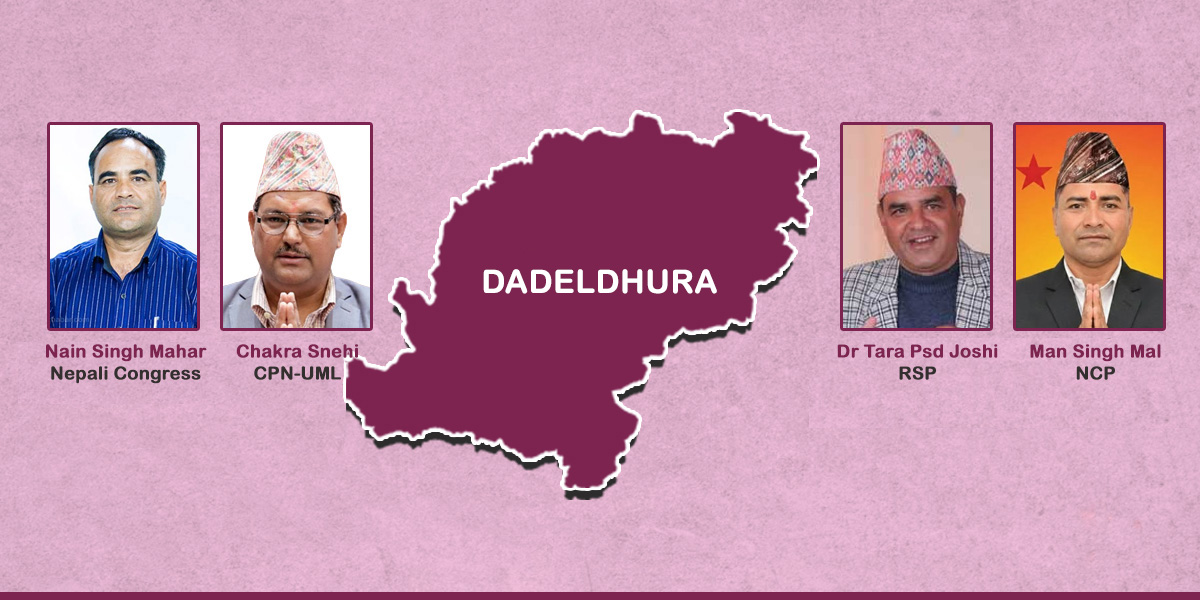

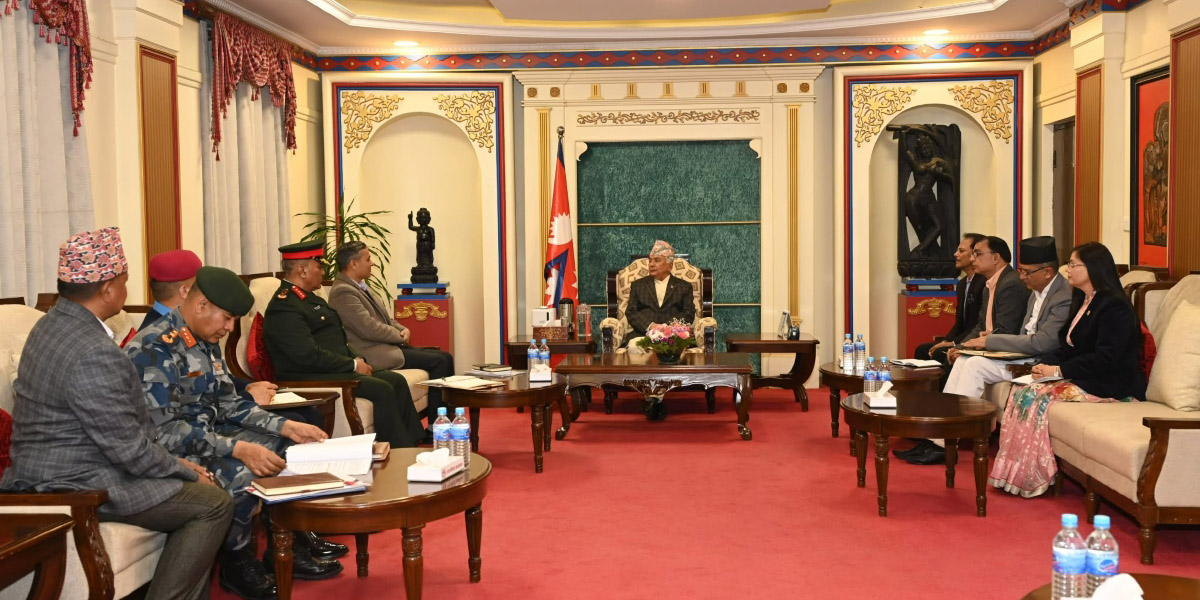
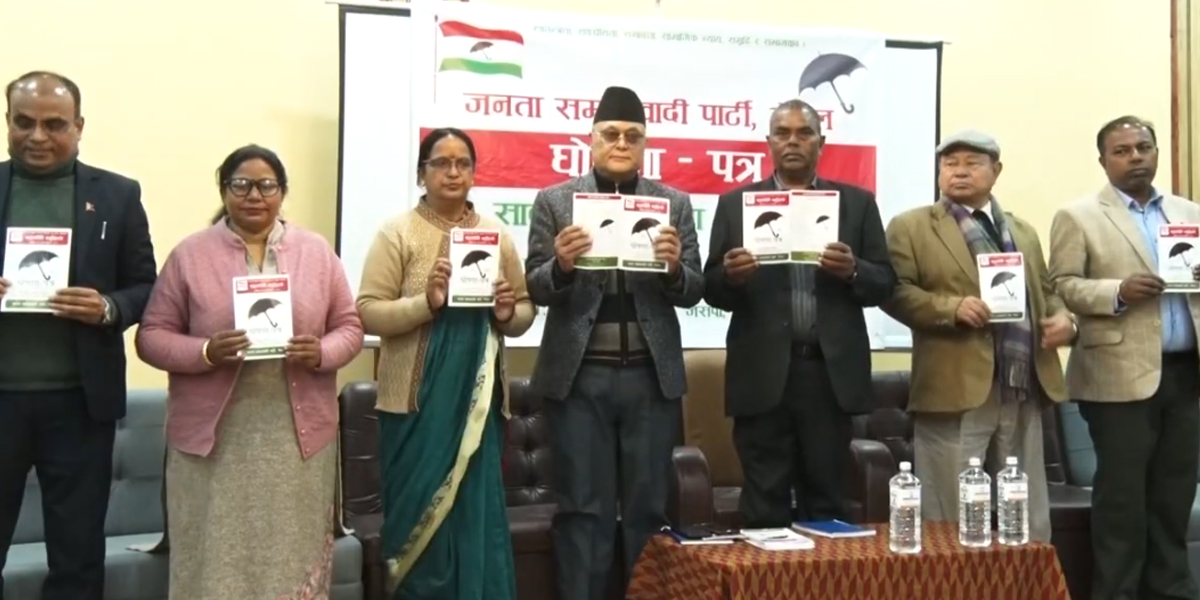
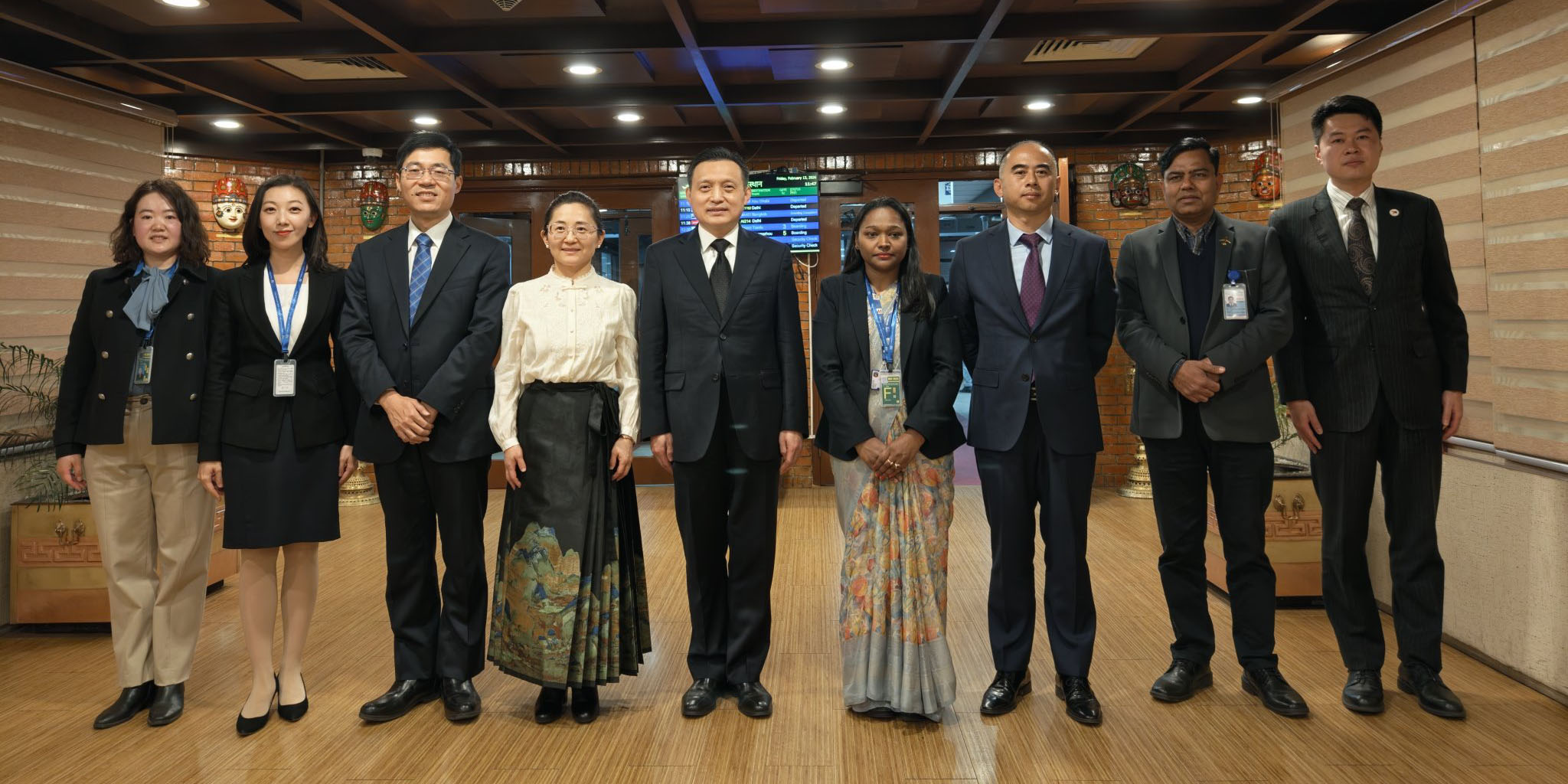



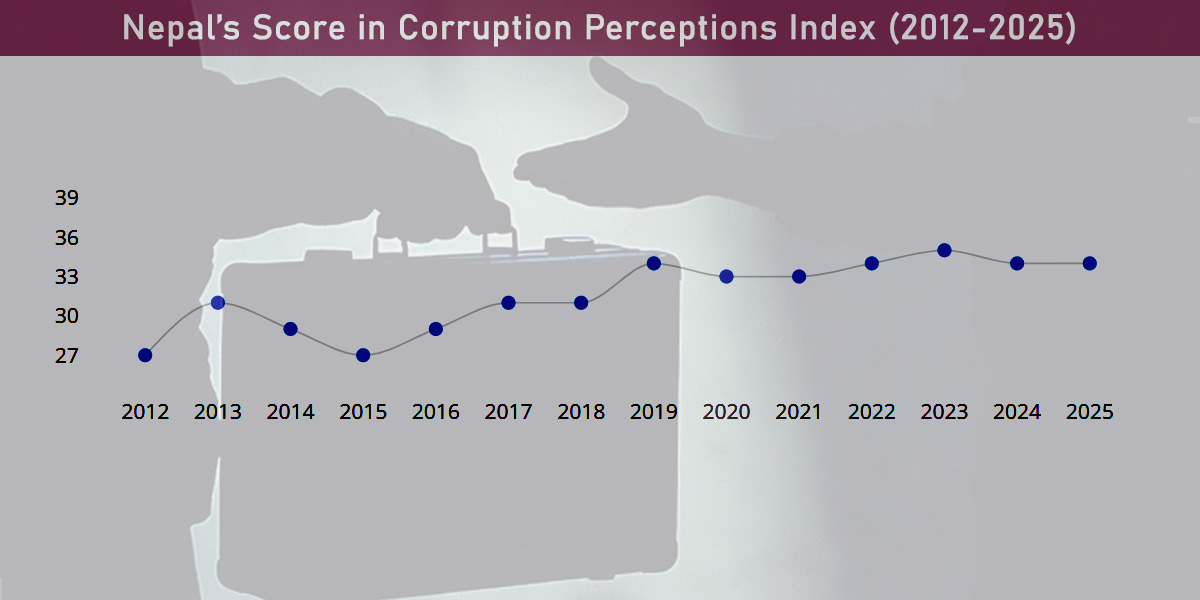
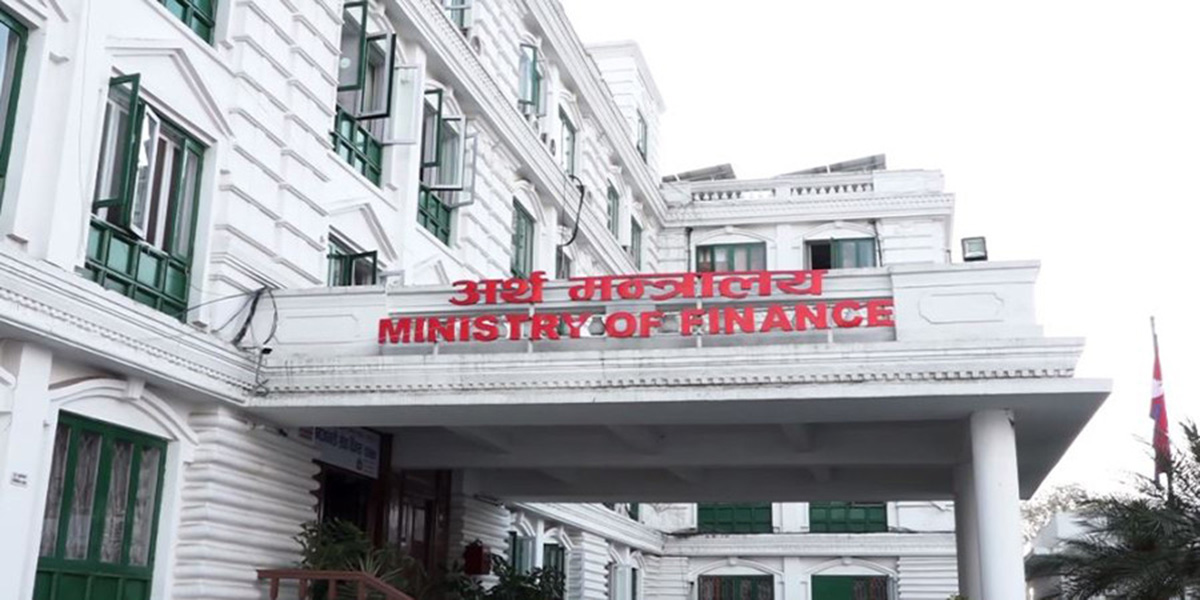

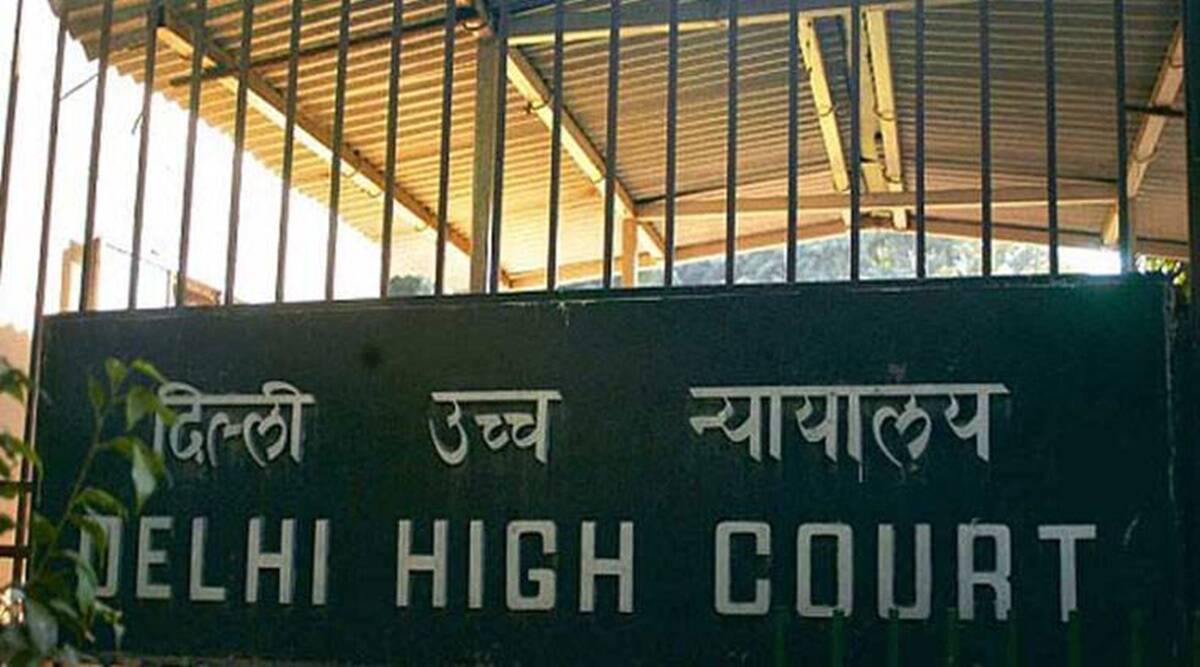
Agreed with most of the opinions expressed here. Most importantly, it is an alarming signal to the conductors and makers of the foreign policy of Nepal.